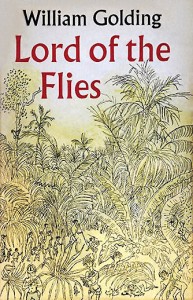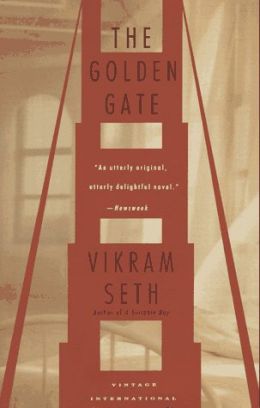I read the book Steppenwolf by Hermann Hesse over the weekend and here is an effort to glean some coherence out of its brilliantly ambitious and seemingly inchoate mass of ideas. I am glad to say that despite the back cover of the book containing phrases like 'blend of eastern mysticism and western culture', 'soul's journey to liberation', and 'vital spiritual force' this book has much more to offer in terms of imagination and depth than so many treatises on all kinds of philosophy do. There is no doubt that my contempt for philosophizing, especially the sort which gives you the idea that there is something higher worth aspiring for, results from my own belief in the ridiculousness and accidental nature of life. Yet, I cannot deny that life has a beautiful intricacy to it - the sort of complexity which gives rise to our best artistic creations, our desperations, our flights of imaginations, happinesses, insecurities and so many other interesting concepts. As someone who stands in awe at the magnificent variety of life, I find it a worthy occupation trying to dissect this complexity without falling into the trap of moralizing or teaching. Steppenwolf is an enjoyable attempt at this. Barring some questionable references to the 'wisdom of the east', the 'immortality of the soul', and a few other nuggets of bullshit thrown here and there (Mr. Hesse was a spiritualist so I did expect some unbearable passages.) Steppenwolf is a good book.
It is contemporary in the sense of concerning with the isolation of a man in the modern society. It deals with the sort of isolation which on a superficial level is afforded only by the modern society and is seen to be increasing as technology allows us to be more and more disconnected yet connected. On a deeper level, though, this book is about the kind of isolation which is very much independent of time and age. The isolation of the man who has refused to buy into the common ideals of society. The man who has spent considerable effort trying to hone his intellectual side and, thus, has developed a highly biting sense of contempt towards the mass of humanity who do not appreciate the 'finer way of living.' This mass of humanity, quite understandably, finds such a man unbearable and is only too happy to leave him to his own devices. The desperation that follows this isolation, however, is compounded by the fact that man is, in essence, merely an animal. His animal instincts (represented by the wolf in this book) often clash with his desire to be civilized. The desire to kill, to be unlawful, for sex, and for aggression are in direct odds with his desire to be swept away in the gay abandon of Mozart, Handel, Bach, and the intellectual thoughts of Nietzsche, Novalis, and Goethe. Our protagonist (Harry), therefore, decides that suicide is the only resolution to such a deep seated conflict.
This is where he comes across a girl who seems to be able to read his thoughts and make more sense out of them than Harry himself can. She empathizes with him and gives him an immediate reason to live for. The essence of the book from here on is Harry's reintroduction to the 'indulgences of the bourgeoisie.' Dancing, jazz, sex, drugs - all those activities of the common man which Harry had so much contempt for. The wolf rears its head against the cultural snob every now and then and the inevitable question is raised - 'What is right?' And thankfully the question is left more or less unanswered; or at least open to interpretation.
The book ends with Harry's foray into the very imaginative 'theater of magic.' It raises topics like the profligacy and the simultaneous necessity (even inevitability) of war, the ridiculous duality of our civilized existence in a world which is hopelessly burning, the triviality and the simultaneous magic of 'human emotions' like love, the chanced nature of our birth and existence, and the ultimate folly of taking oneself too seriously. To my liking, none of these topics are explicitly stated or preached upon but a reader with sufficient intelligence should be able to sniff them out in the brilliant and surrealistic theater of magic. I, with my very limited intelligence, could decipher some broad themes but I am quite flummoxed by the way the book ends. At this point, it appears to me that some characters and ideas of the book have been modeled upon the Bhagwad Gita but my ignorance of Gita prevents me from being able to verify my suspicions.
All in all, it's a very good book. Highly recommended.


